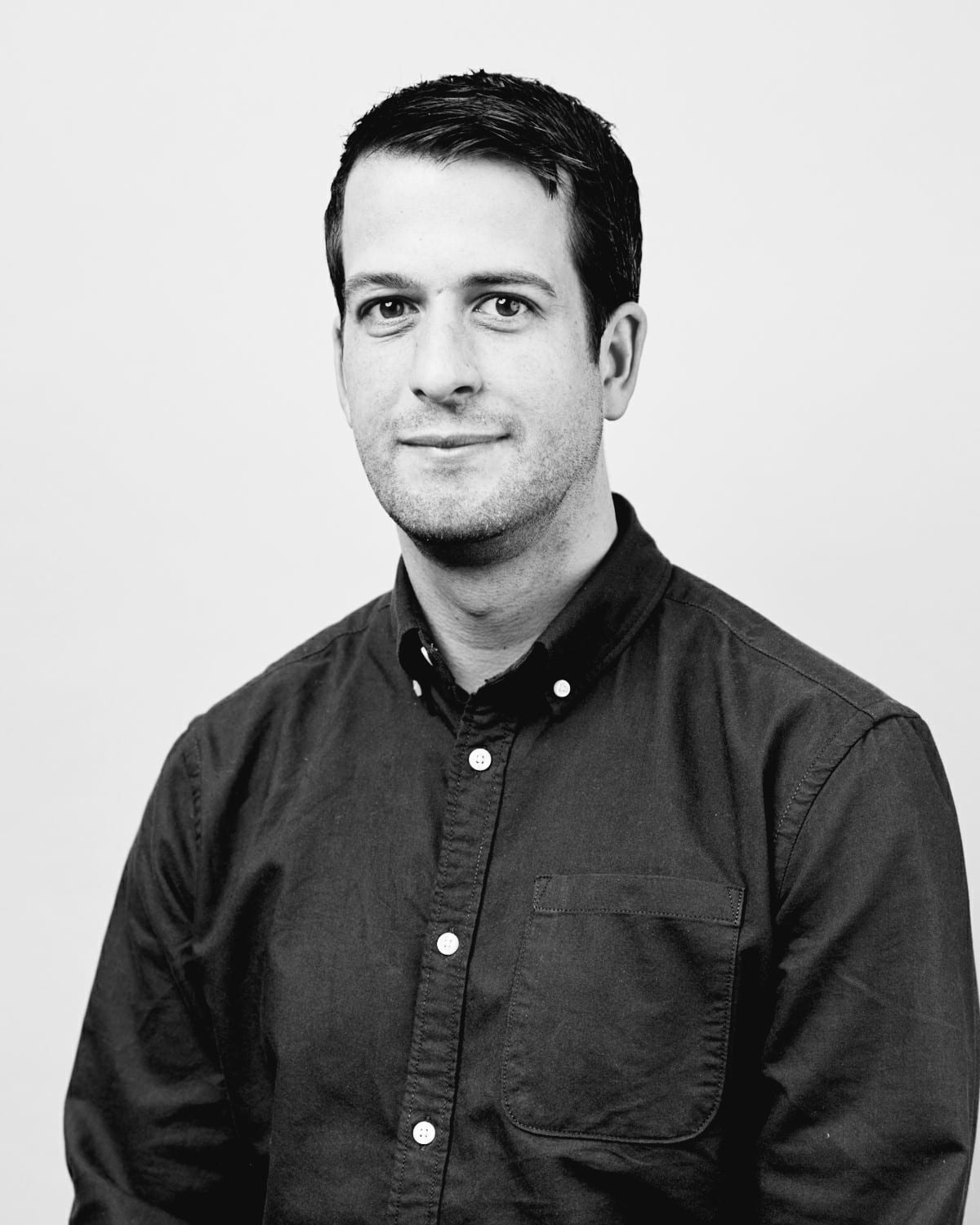Last summer I re-joined agency life after several years working client-side, including a four-year stint at Samsung Electronics (a Ketchum client). I’ve spent the first few months of my new role getting under the skin of the agency—the people, the clients, the work we’re being asked to do and how we go about doing it. It has been quite a ride—exciting, challenging and full of opportunity.

This has given me a really valuable perspective on my “former life,” and I’ve realised there are some things I wish I’d spent more time thinking about as a client; if I’d done so, I would’ve been a better client, and ultimately delivered better work.
So I thought I would share a few.
1. Protect the craft
I can’t even guess at the number of times I asked an agency for creative work to be done to incredibly tight turnaround times. More often than not, it was unavoidable; everyone faces time pressures.
Let’s assume that clients don’t deliberately try to make life hard for their agency, they’re simply passing on their own internal deadlines. But we all end up falling into a time-crunched world.
As a client, it is really easy to fall into the trap of asking for everything “asap” or “by the end of the week,” with “just a few slides” or “top-line thoughts” on short deadlines. But repeated actions become habits, and best practices become something talked about at the start of an agency relationship but then left at wayside as business reality bites.
Only now do I realise how stressful this can be for account teams and how difficult it is to deliver truly outstanding work under those conditions. Bringing together the right people to answer a brief can’t always be done immediately. A way forward isn’t always apparent. Creative work is hard—sometimes the challenge requires deep analysis and deep thinking. Sometimes the first ideas aren’t right.
This isn’t to say that agencies can’t be agile, adaptable and fast working—but more often than not, the best work takes time to develop and consider. Even simple ideas aren’t necessarily simple to develop.
There is a responsibility on both sides to protect the craft that exists within our industry and allow time for it flourish. We all want to deliver outstanding and impactful work, so creating the environment to do so is something that will benefit everyone. There are loads of ways, methods and tactics to help with this, but recognising and understanding the process that agencies go through to come up with creative work is a good starting point.
2. Write a brief
I often thought I didn’t have time to write a brief. A quick chat should cover it. Or is there something I can cut and paste from the last time we did something similar?
It was pretty short-termist. A decent brief makes everyone’s life easier and speeds up the process of getting to outstanding work. It isn’t about the format or filling in a template for the sake of it—it is about providing real clarity.
The investment of time at the outset of a project leads to better work, delivered faster. Again, there are lots of ways to do this, and the right approach will depend on your specific agency/client relationship—but finding a way to align expectations and ambitions before a project start is crucial. Please don’t skip it.
3. Agencies are businesses
Agencies need to make money too. I think it’s reasonable to be entirely open that Ketchum aims to grow. We want to build our relationships with existing clients, and we want to win new ones.
But as a client, I didn’t spend much—if any—time understanding my agency partners’ business. I expected them to know every single thing about the business I worked for but didn’t spend any time understanding theirs or their resourcing models.
The strength and success of an agency is built entirely on the talent within it—talent which must be used in the right ways at the right times. People aren’t sitting around all day waiting for unexpected briefs to arrive to fill their time. If I spent more time thinking about that, I would have acted differently and expected different things from my agency partners.
William Blake said: “Hindsight is a wonderful thing but foresight is better, especially when it comes to saving life, or some pain.”
We are certainly not saving lives (although we do aim to have a positive impact on them), but I now have a job which allows me to use my hindsight to help save our clients and teams as much pain as possible. That’s a real opportunity.



